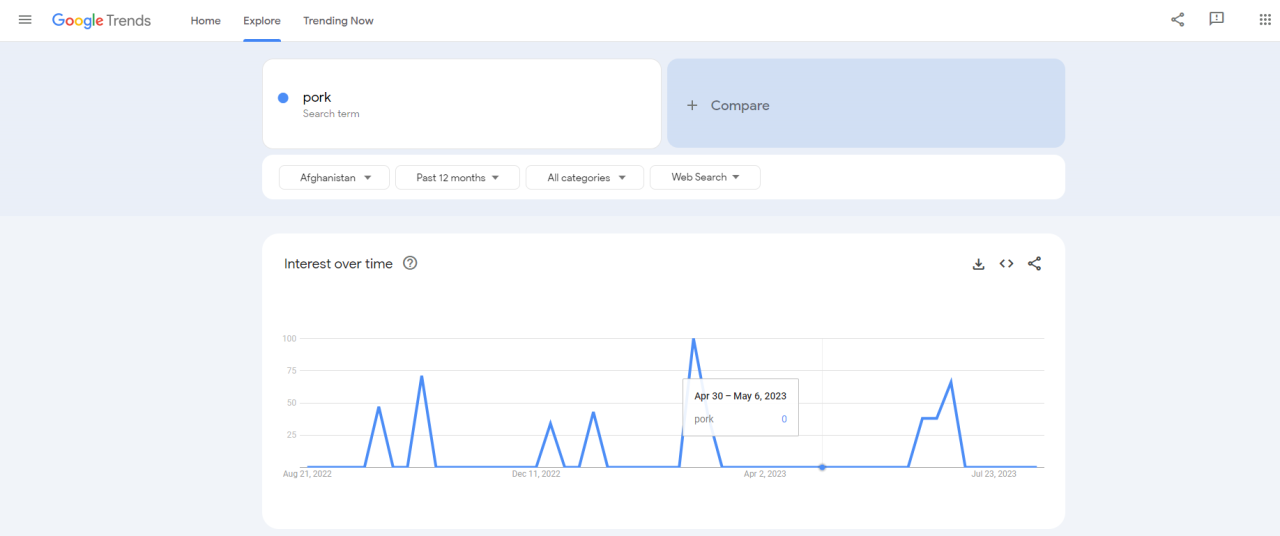Beware: these products ruin your business. Products to avoid
When you’re excited to start your dropshipping business, it’s easy to get caught up in the whirlwind of finding products that you think will be the next big hit.

In the previous chapter we gave you a glimpse on the main anti-selling product characteristics, but this time we want you to dive deeper into the topic, because the key aspect of being successful in this industry is not just knowing what to sell, but also understanding what NOT to sell.
Let’s dive deep into the characteristics of products that typically don’t do well, common issues dropshippers face, and products that are a strict no-go.
1. Characteristics of products that sell poorly:
- Low consumer demand: If there’s no demand for it, it won’t sell. Make sure to conduct thorough market research before choosing a product. You won’t sell pork to a Muslim country, right?

- Easily available locally: Products easily available at local stores might not entice customers to wait for shipping. For example, you’ll most likely fail if you go to Indonesia and try to sell coconuts.

- Low-quality: Avoid cheap knock-offs. Not only can they result in unhappy customers, but they can also lead to legal issues. Moreover, make sure the products comply with the characteristics and functions declared in your store.

- Too trendy: Some items might be trending today and gone tomorrow. By the time you list them, the trend might be over. Remember pop-its? They were trending in 2021, and in 2023 people (mostly, kids) either are tired of them already or have them all in their households.

- Complex electronics: These can have high return rates if they malfunction. And trust us, malfunctioning can happen quite often.

- Fragile items: Items that break easily can lead to unhappy customers and high return costs.

2. Common issues dropshippers face:
- Long shipping times: Products that take ages to reach the customer can lead to negative reviews and refund requests. Your shipping should better be 1-3 business days, that’s the golden standard of our days.
- Inconsistent product quality: Suppliers might send products of varying quality. This inconsistency can damage your reputation.
- Poor supplier communication: If you can’t communicate effectively with your supplier, you might face stock issues, delays, or wrong products being shipped.
- High competition: Some products are overly saturated in the market. Trying to compete in these areas can drive down prices and profit margins.
- Seasonal products: Some items might sell only during specific times of the year. You might get stuck with unsold inventory during the off-season.
- It shouldn’t be overly bulky: The bulkier, heavier, or more oversized a product is, the pricier its shipping becomes. Imagine a scenario: your customer isn’t head over heels for the purchase (hey, it happens), and now you’re on the hook for shipping – twice! Moreover, the allure of “free shipping” always rings sweet to the ear.
Seasonality is easily seen when you search for the product on Google Trends. For example, here’s how seasonality shows for hoverboards (although we see the overall descendance here too):

3. Forbidden or highly-regulated products:
Avoid these like the plague. Selling these can result in severe legal repercussions:
- Counterfeit goods: Selling fake products can lead to lawsuits and account suspensions.
- Dangerous items: Anything classified as a weapon, explosive, or hazardous material is a big no.
- Drugs or controlled substances: Even if it’s legal in some areas, platforms might forbid their sale.
- Animal and wildlife products: Some animal-derived products can be illegal due to conservation laws.
- Items that violate intellectual property: Selling copyrighted or trademarked items without proper licensing can land you in hot water.
- Adult products: Many platforms have strict guidelines around the sale of adult products.
Well, now you’re totally aware of how best-selling products in dropshipping must and must not look like. Success in dropshipping isn’t just about finding the perfect product. It’s equally important to be aware of potential pitfalls and steer clear of products that can harm your business’s reputation or get you into legal trouble.
Remember, when in doubt, it’s always better to err on the side of caution and avoid products that might cause issues down the line or, of course, contact us for a piece of advice!

